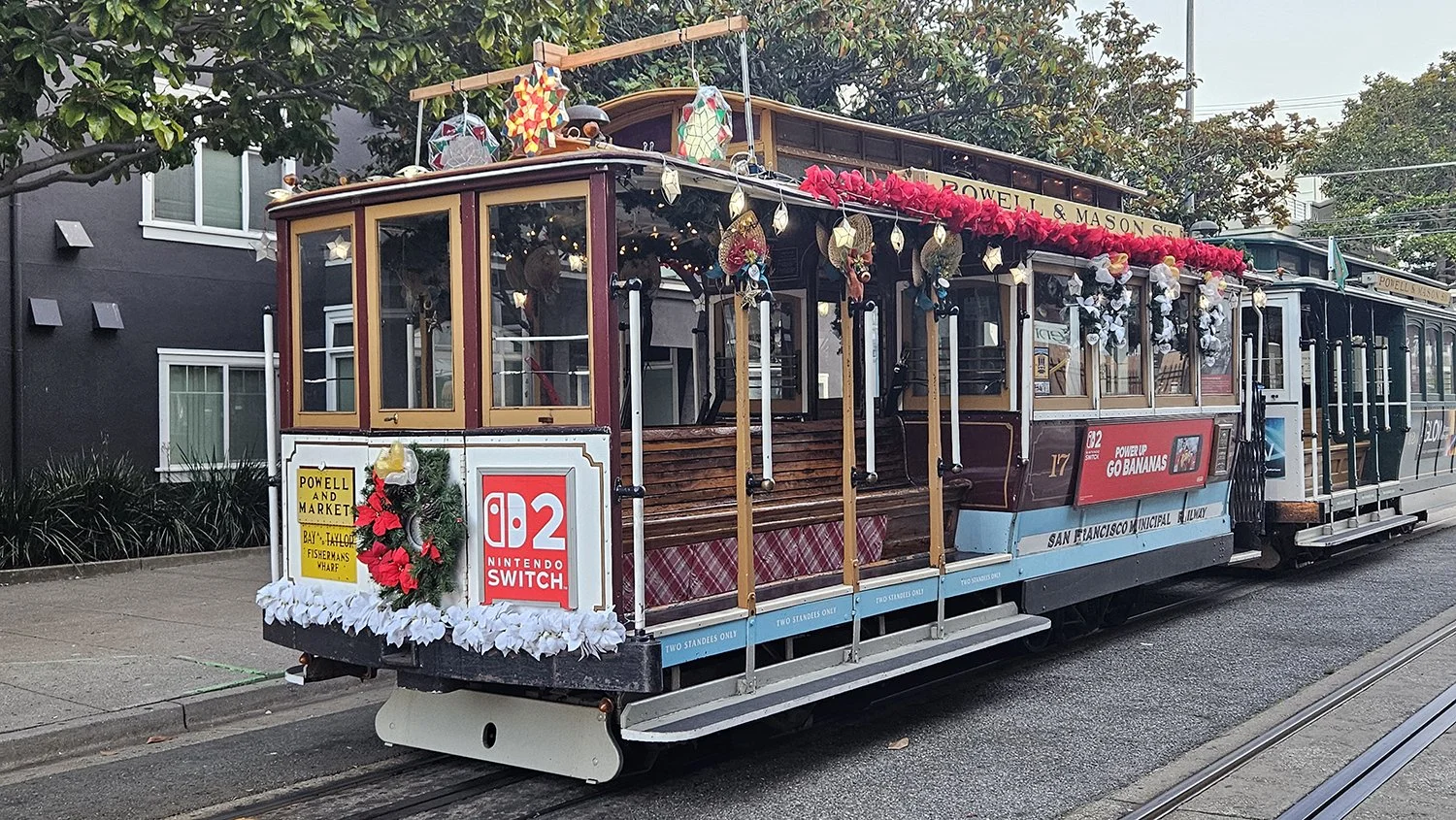Expats in Bangladesh
/Women in the char of Kurigram (a riverine island in the Northwest of Bangladesh) (Photo courtesy of Hector Soliman)
Bangladesh evokes images of teeming populations, hungry and malnourished children and great floods. That was certainly in my thought bubble when I was digesting the possibility of working here. But after living here for over a year, I have found a vibrant and resilient Filipino community in Dhaka and other parts of the country.
Two people exemplify the talent and commitment of the Filipino to development work. Pauline Tamesis, an erstwhile Ateneo economics graduate, is currently the country director of the UN Development Programme in Bangladesh, while Mingming Evora, a native of Cebu and a masters graduate of social work from UP, is the country director of Plan International.
“Pauline Tamesis and Mingming Evora exemplify the talent and commitment of the Filipino to development work.”
Pauline recently arrived in Dhaka after a long stint at the UNDP office in New York, and almost five years in the UNDP Regional Office in Bangkok, where she was the practice leader for governance covering 27 countries in the Asia Pacific region.
This included working with Myanmar on developing its first-ever democratic governance program. One of Pauline’s very first “duties” when she landed in Bangladesh was to address the Filipino community during the EDSA Day Celebration held at the Philippine Embassy.
Pauline Tamesis (middle) chats with (left to right) Gabby Bordado (ILO Bangladesh), Dr. Charles Villanueva (Dean of Business School, AIUB) and Ariel Miranda (Country Director SGS). Taken during the EDSA Day Celebration, February 25, 2013 at the Philippine Embassy grounds. (Photo courtesy of Hector Soliman)
There was no stopping her—she launched the 2013 Human Development Report, visited afforestation programs with the Norwegian Minister for Development and attended to the million and one details of one of the UNDP’s largest country offices, with an annual turnover of some $80 million.
Mingming flew into Dhaka from her posting at the regional office of Plan International in Bangkok where she was the regional director. Her office covered countries as far west as Pakistan to as far east as Timor Leste, including biggies such as India and China. Her office had an annual budget of $110 million. No mean feat for a Filipina to manage.
Mingming is a truly global Filipina, having been posted in Indonesia, Bolivia, Sri Lanka, Bangkok and now in Bangladesh. PLAN International is an NGO committed to the welfare of children and women, disaster risk reduction and poverty alleviation.
Mingming Evora as she departs from the PLAN Sri Lanka Office. (Photo courtesy of Hector Soliman)
These two Filipinas can be considered the best and the brightest in their field, having devoted their lives to the cause of helping others. What better way to show this commitment than in a country like Bangladesh.
But the Filipino community in Bangladesh is more diverse than just topnotch development managers. There are Filipinos working in the ADB, World Health Organization, World Bank and the International Labor Organization. There are also Pinoys at top-ranking local universities, in the biggest cement supplier to the U.S., in an American labor-support NGO and also in a world-renowned testing and certification company from Switzerland.
A lot of the long-staying Filipinos have found their niches in the garments industry as professionals who provide the expertise and the financial connections for the $20 billion industry. The Filipinos are line managers, representatives of buying houses, industrial engineers and sometimes partners and financiers of garment production houses themselves.
Visit of Sec. Dinky Soliman to Dhaka in June 2012. At the middle is then Ambassador Abu Bahnarim Guinomla (ret.) and the author on his left. With the embassy staff. (Photo courtesy of Hector Soliman)
The community is so active that grand Filipino traditions are reproduced in this predominantly Muslim country. The Santacruzan was recently held with 38 zagalas (young lasses in procession). On June 14, Philippine Independence Day was celebrated with a huge party at a premier hotel in the city, complete with a cultural show and dancing.
Filipinos in Dhaka go caroling at Christmas time, have lechon (spit-roasted pig) on special occasions (yes, pork is available here, and the Pinoys know the right butchers) and wear out their karaoke machines like there is no tomorrow.
The Singkil Dance during last year’s Independence Day celebration held at the Lakeshore Hotel (Photo courtesy of Hector Soliman)
Pauline and Mingming exemplify the strength of the Filipino spirit, not only in surviving but excelling as women and development professionals in a predominantly Muslim and impoverished country. There can be no better testament to the talents in the Filipino diaspora than having them at the helm of huge development organizations. Other Filipinos excel in their own fields and are also making their mark. They are proud of their heritage and contribution to Bangladesh, which they consider home.
Hector D. Soliman is a Filipino lawyer posted in Bangladesh as the team leader of Community Legal Services, an access to justice program funded by the UK government. He is married to Dinky Soliman, DSWD Secretary.


